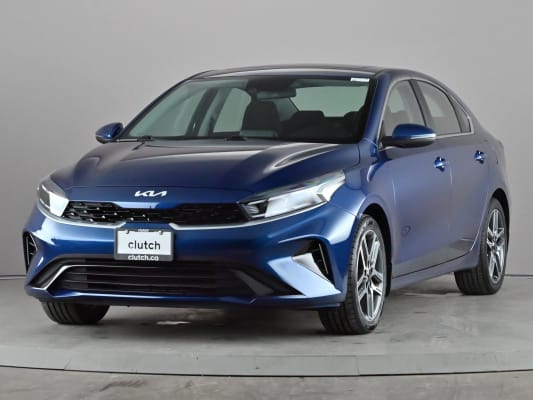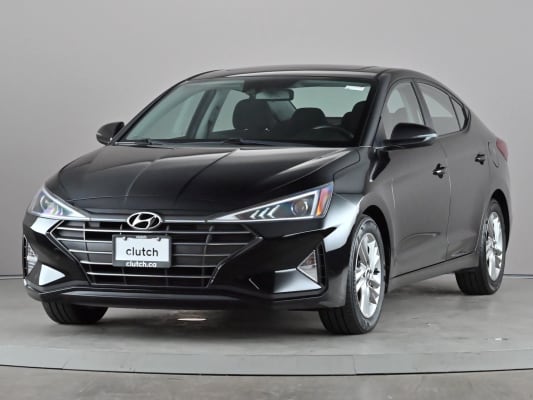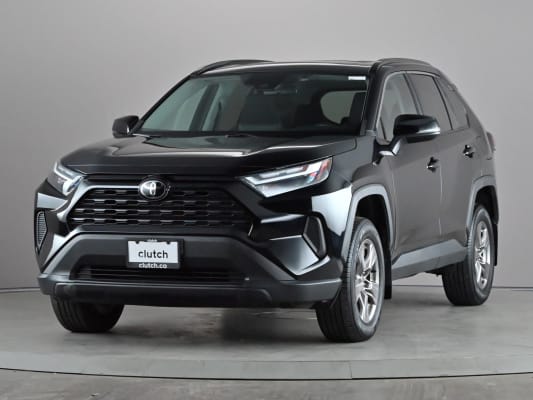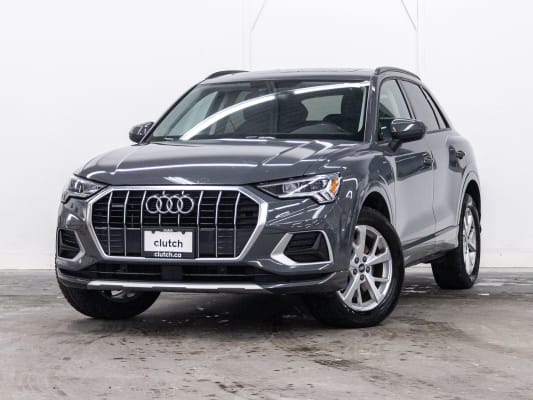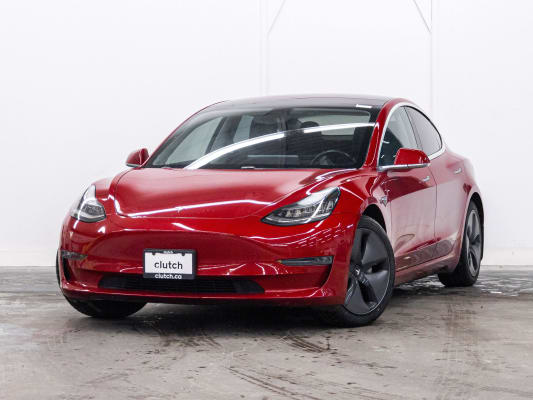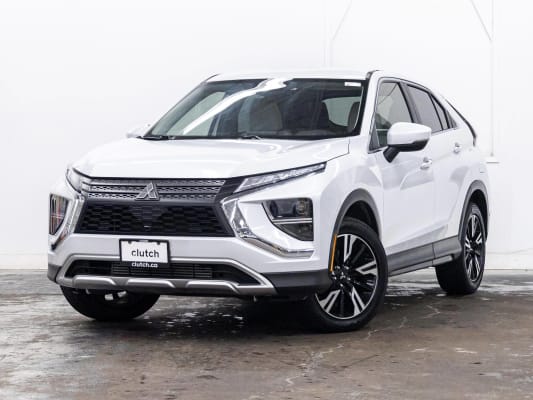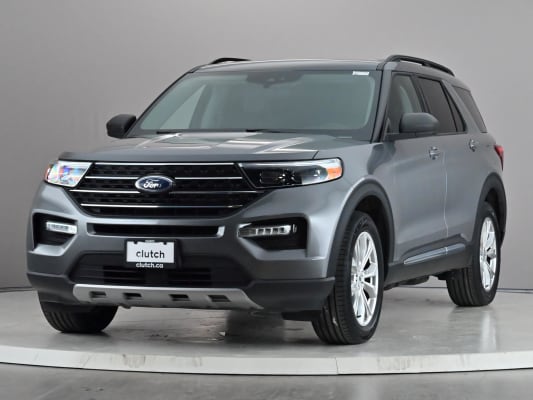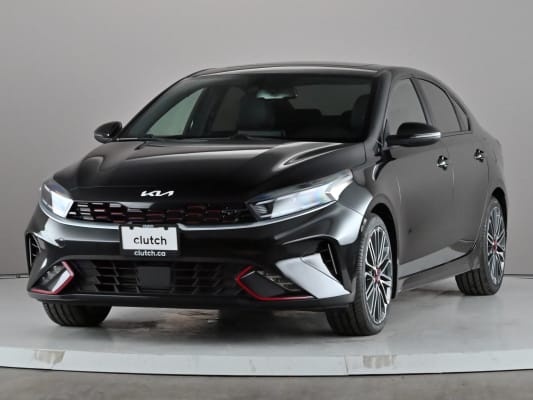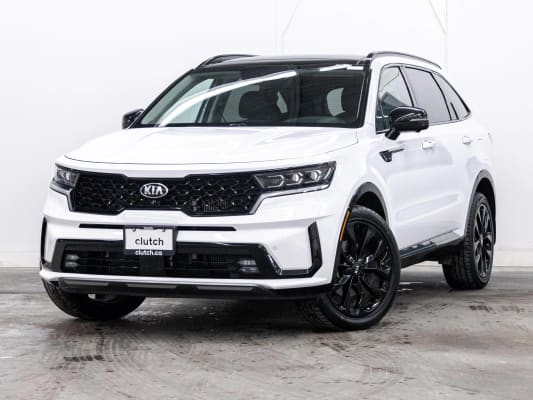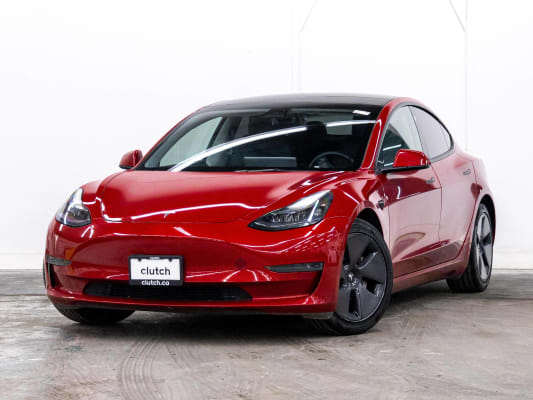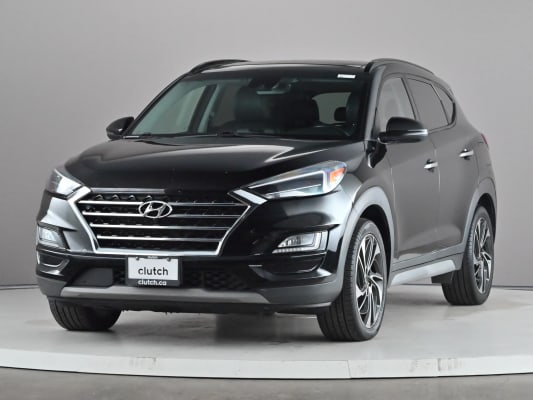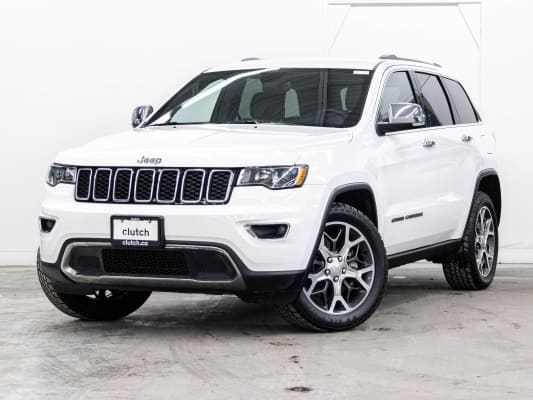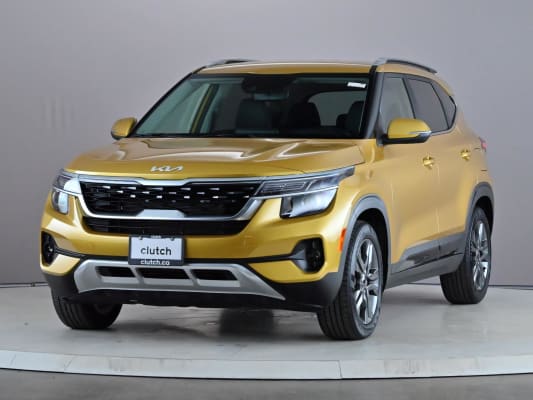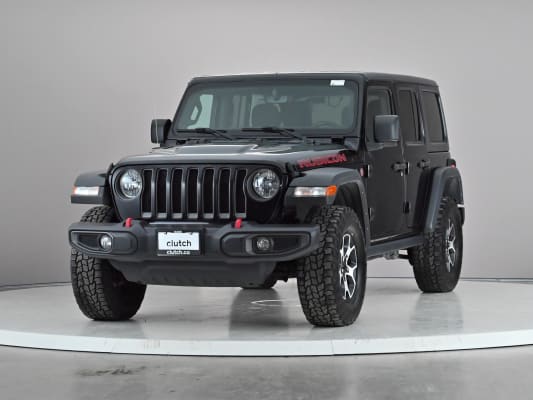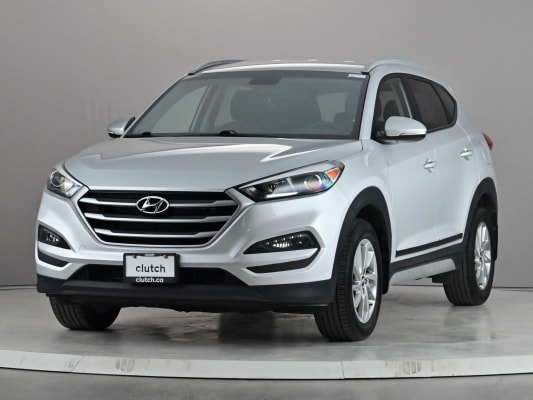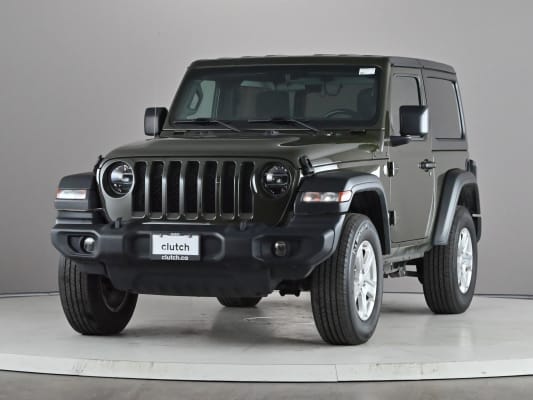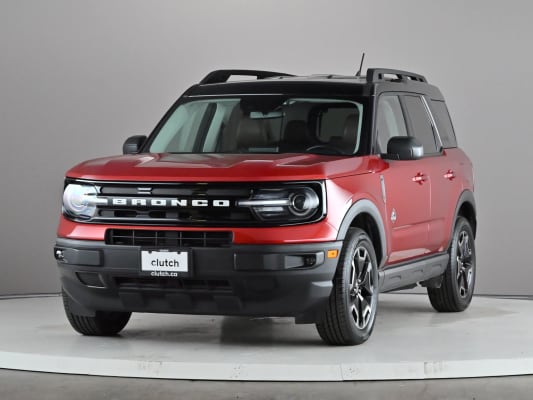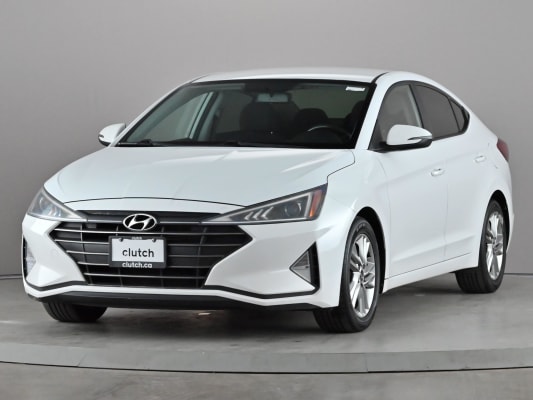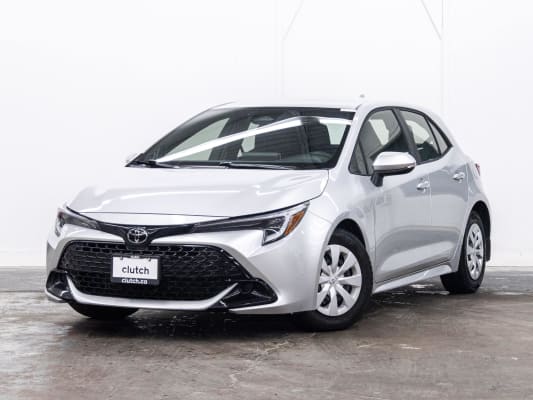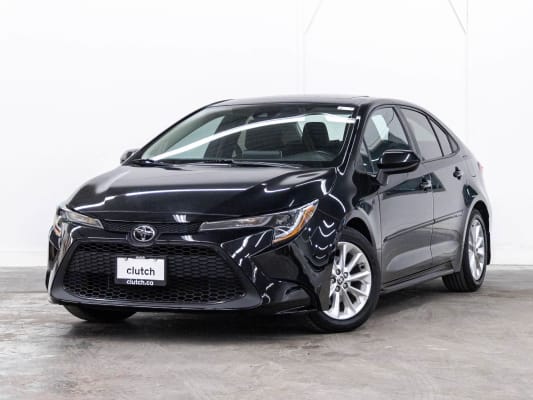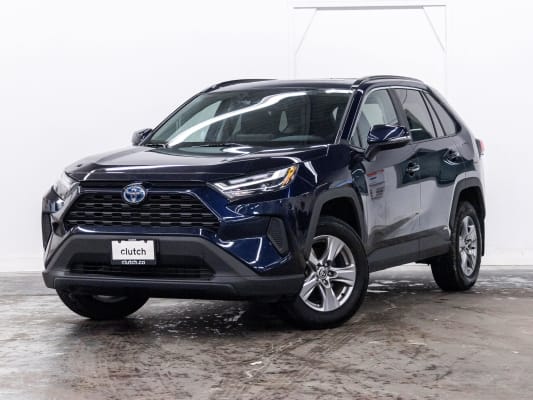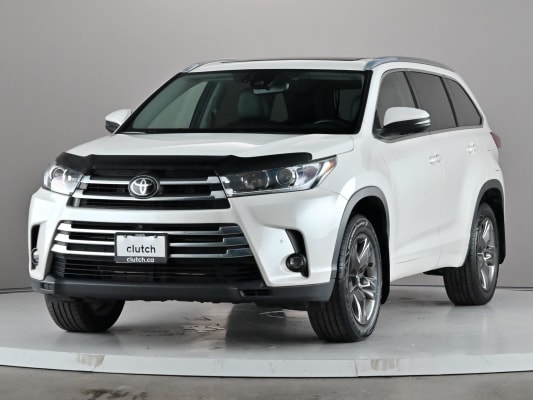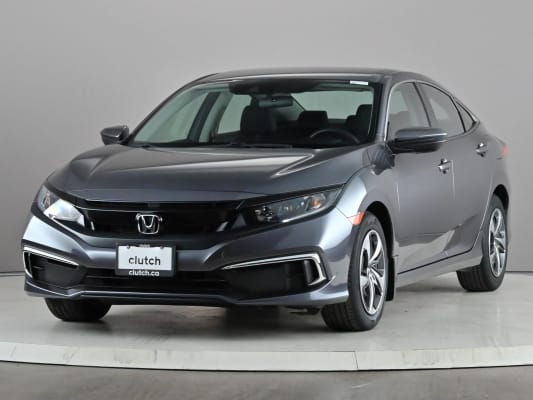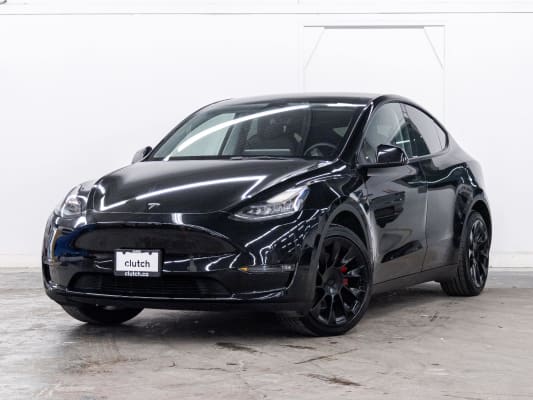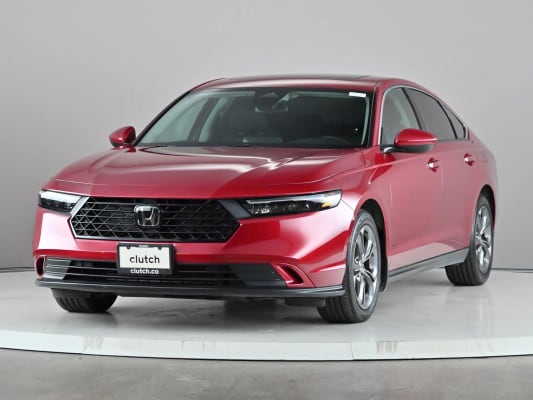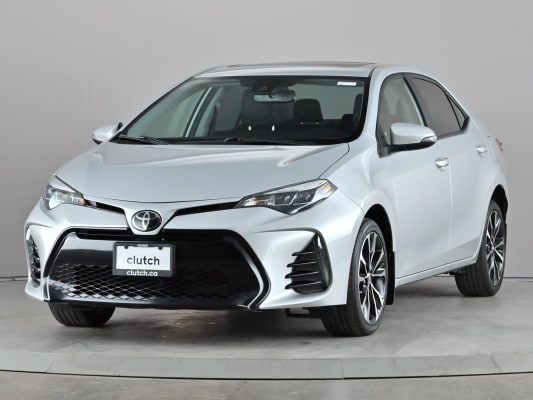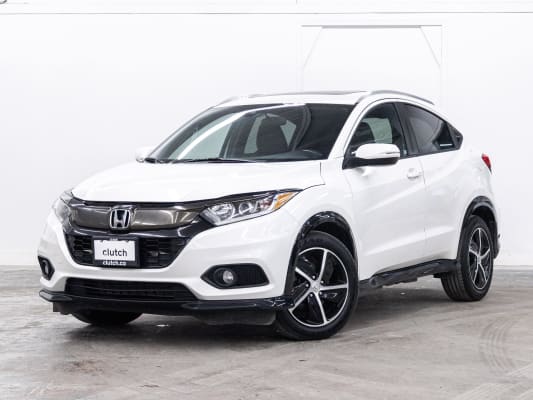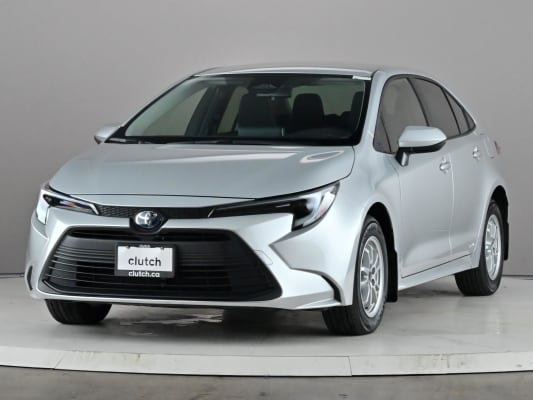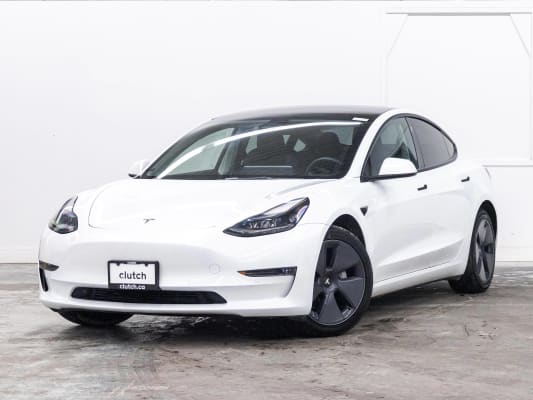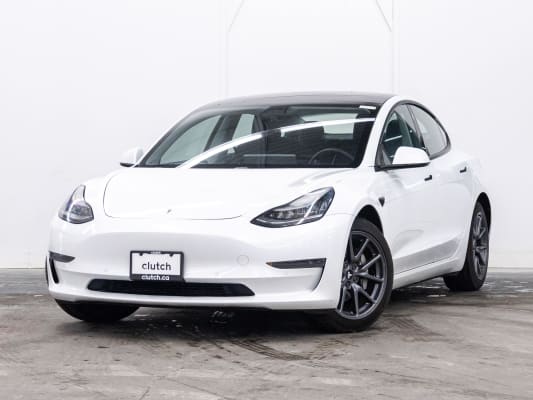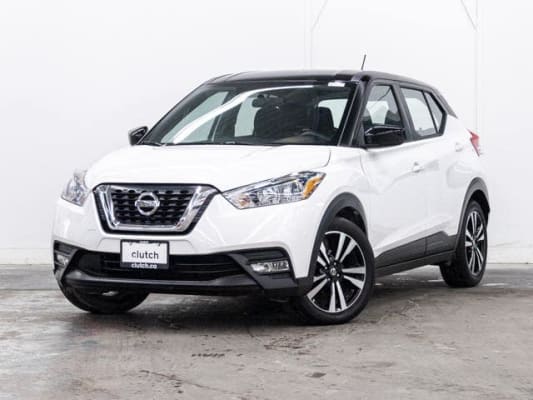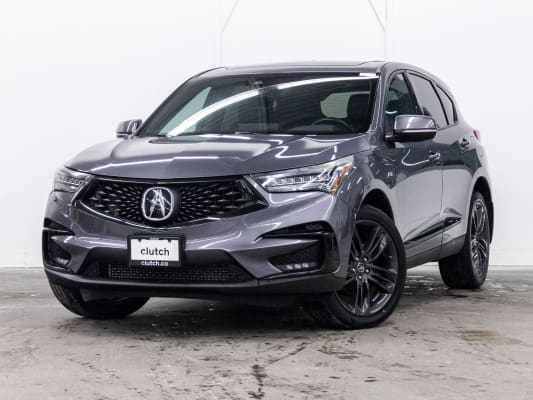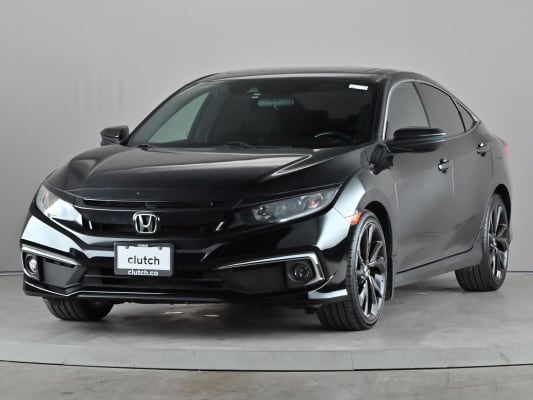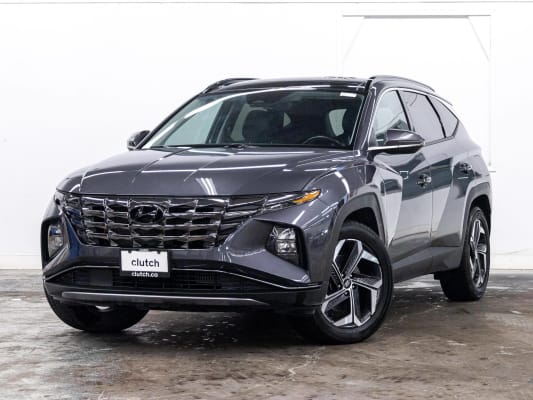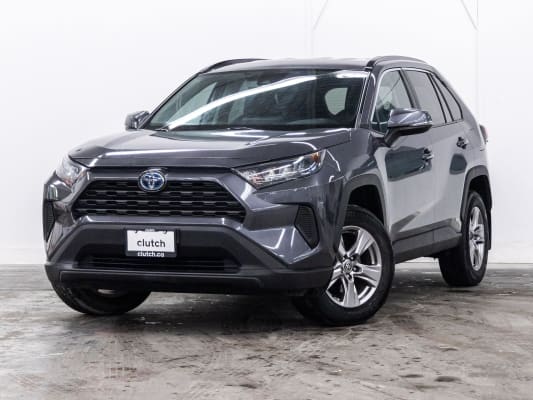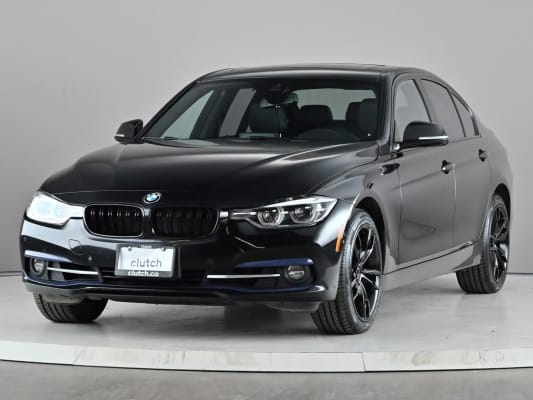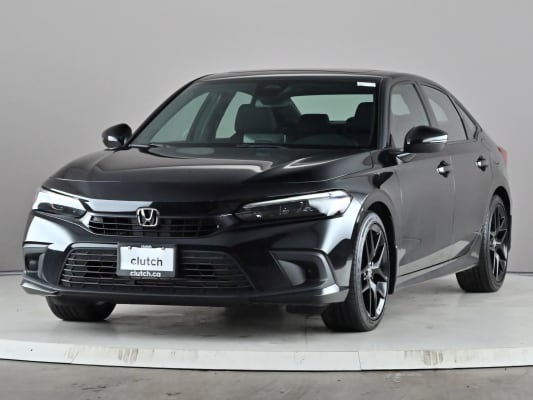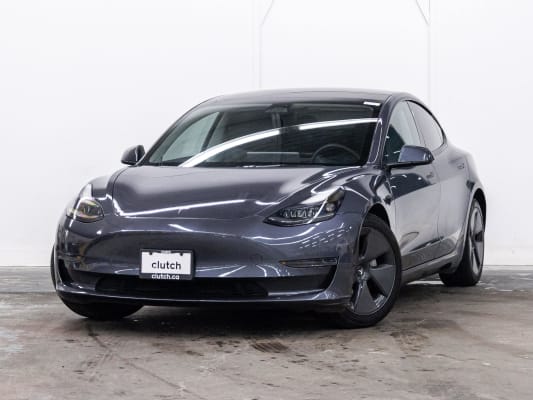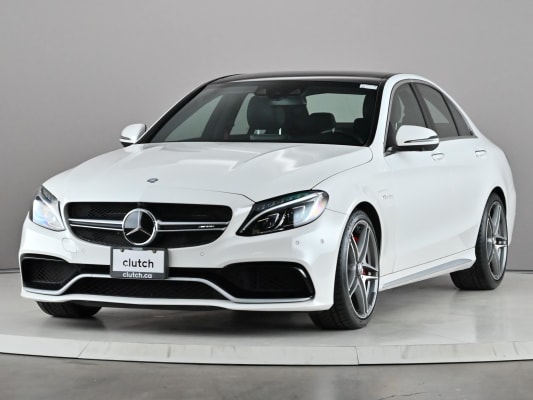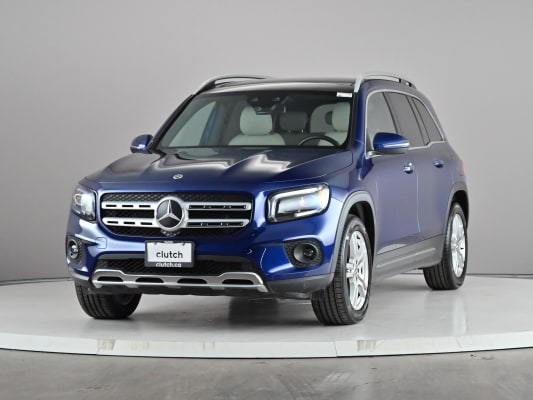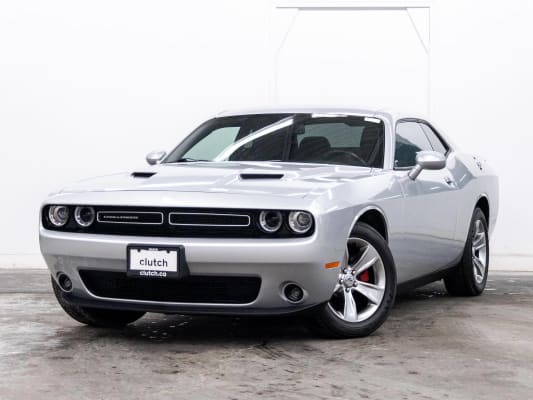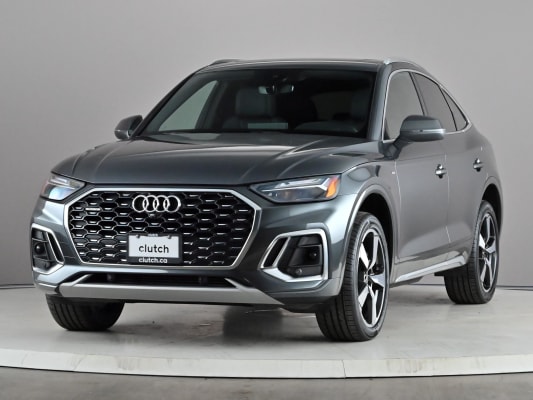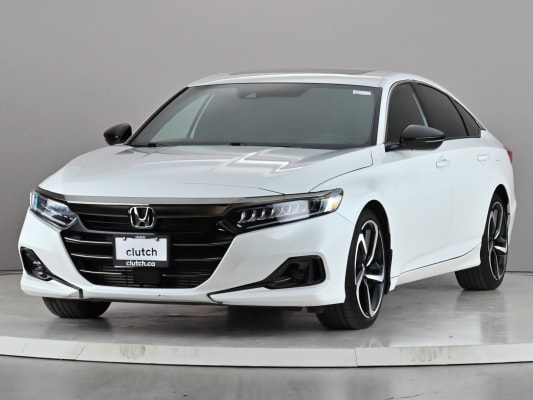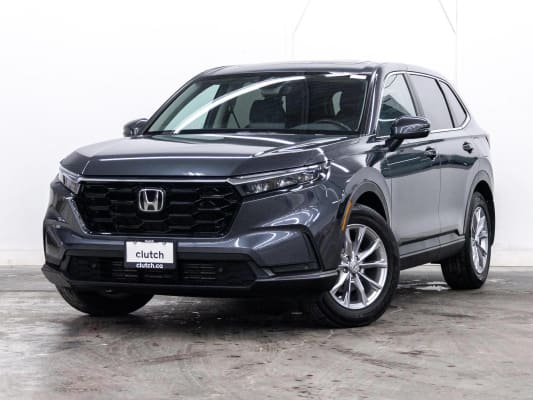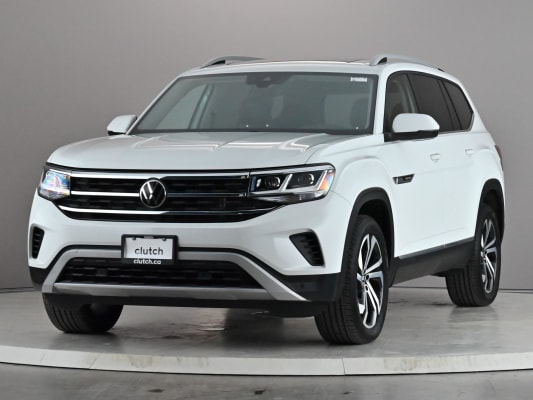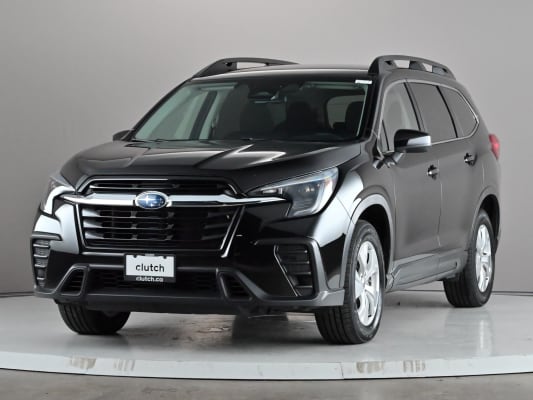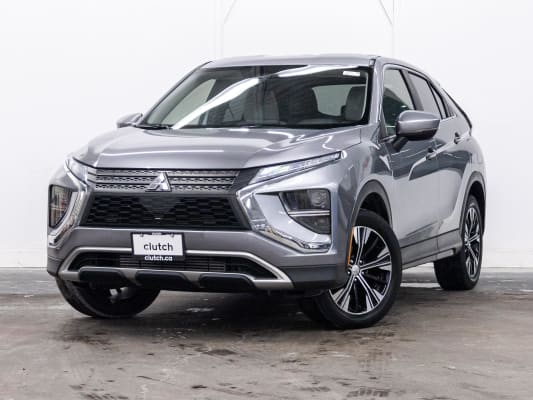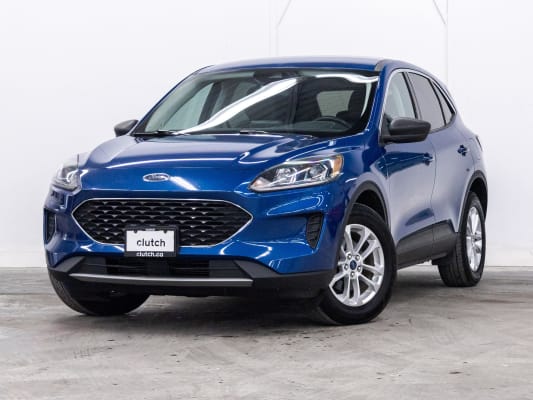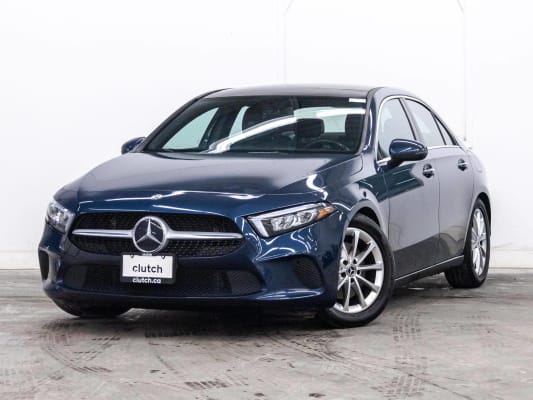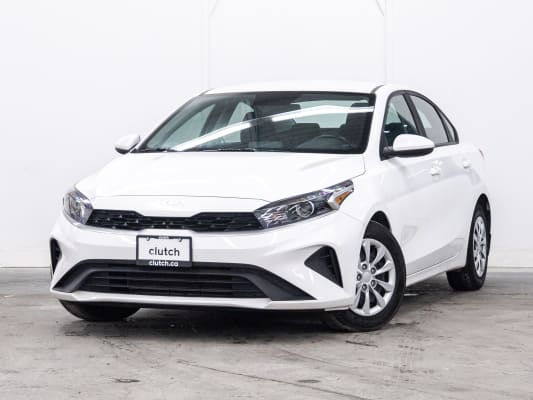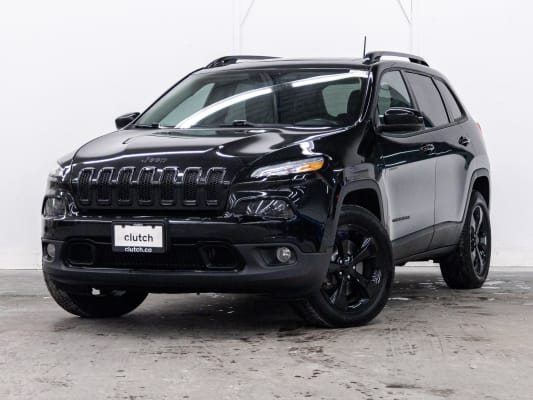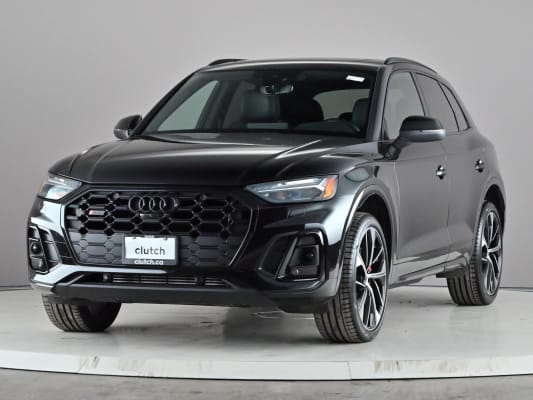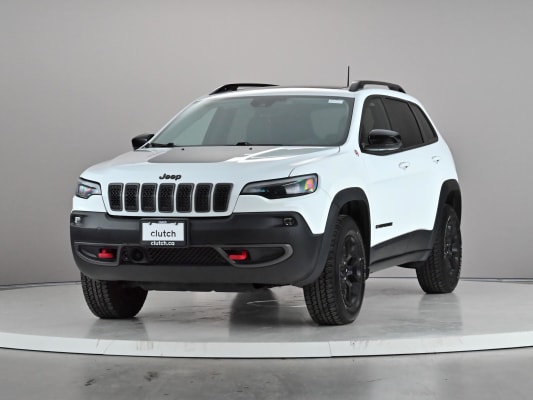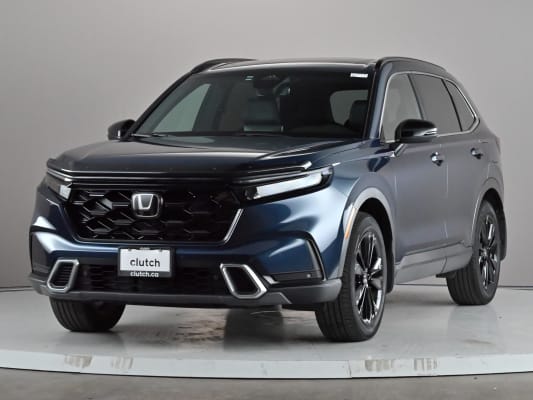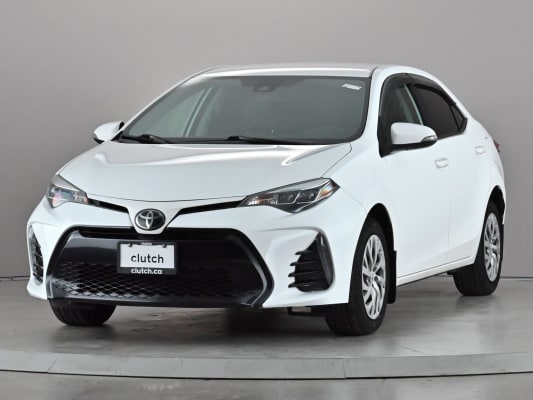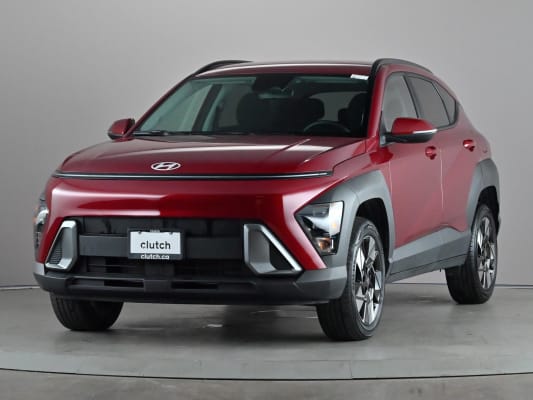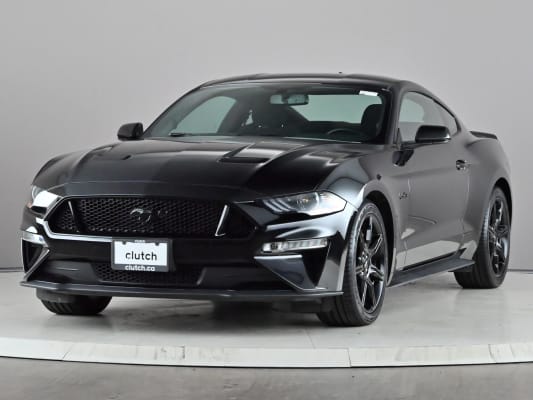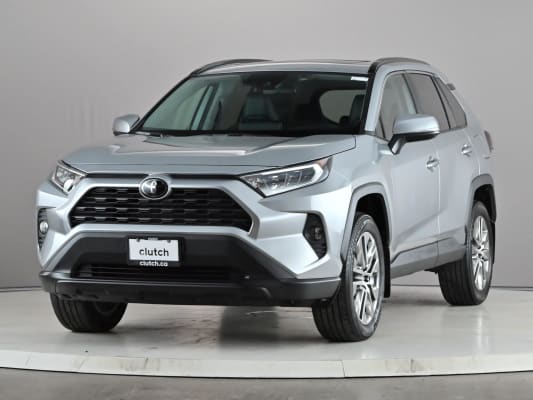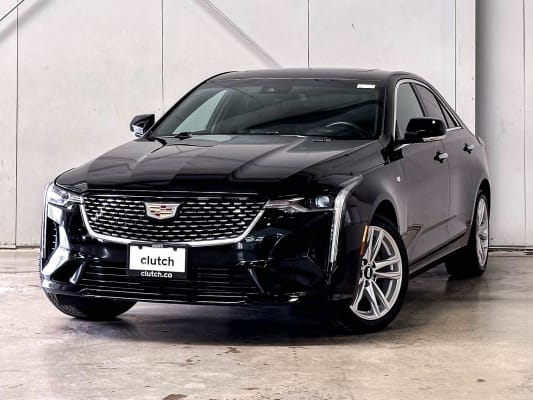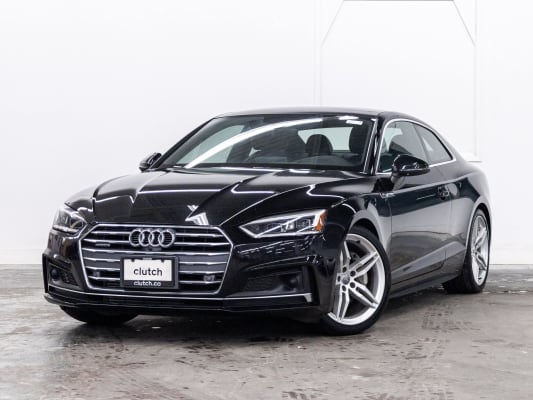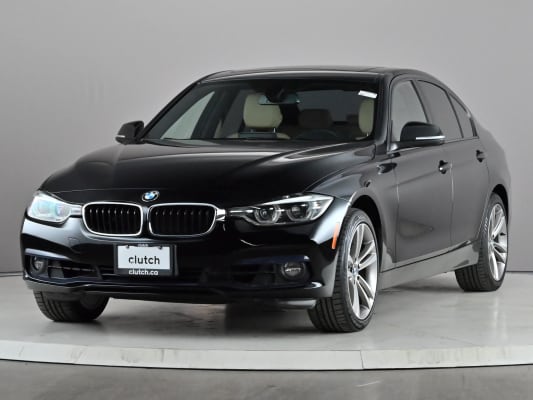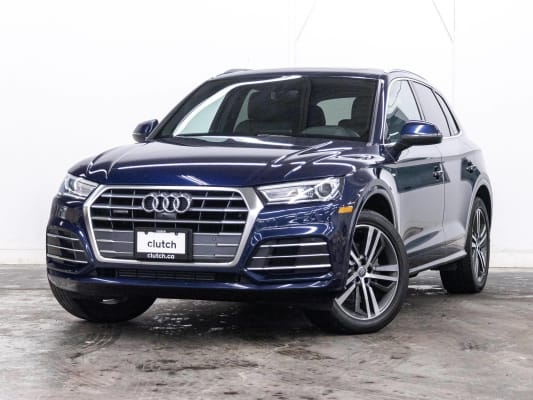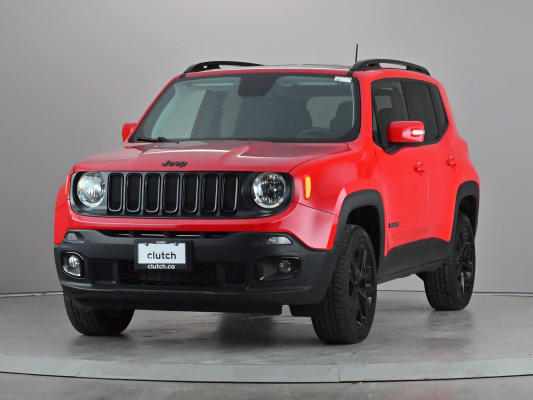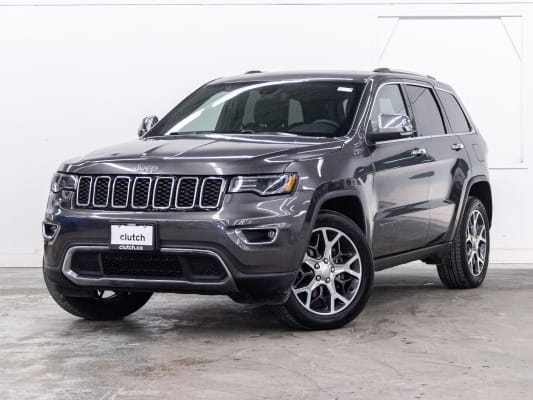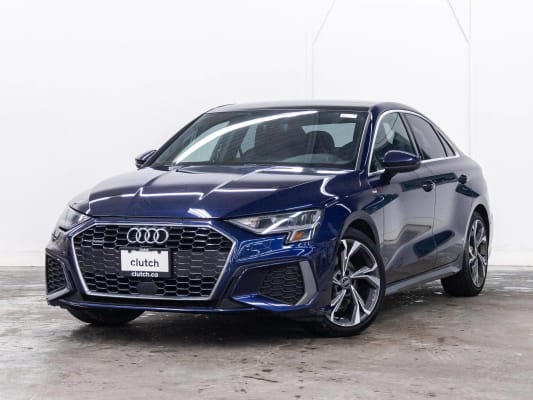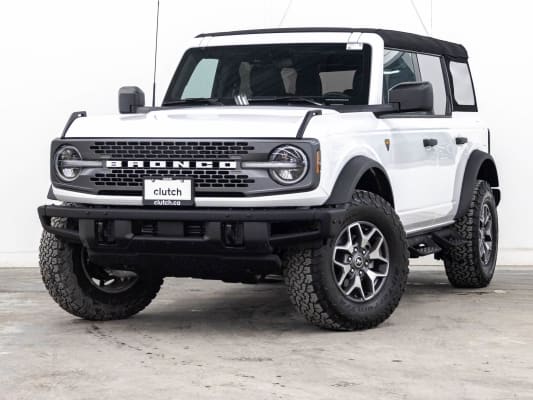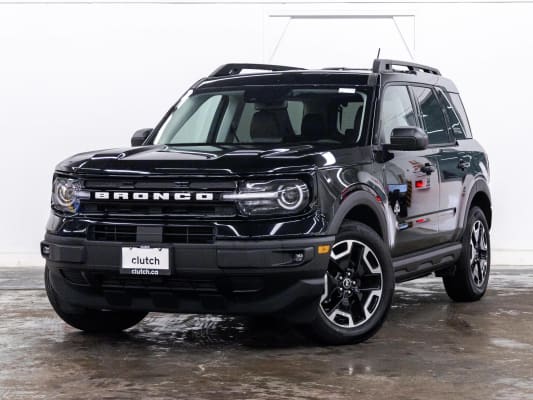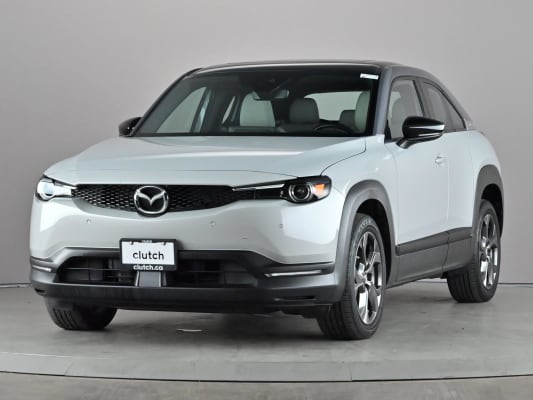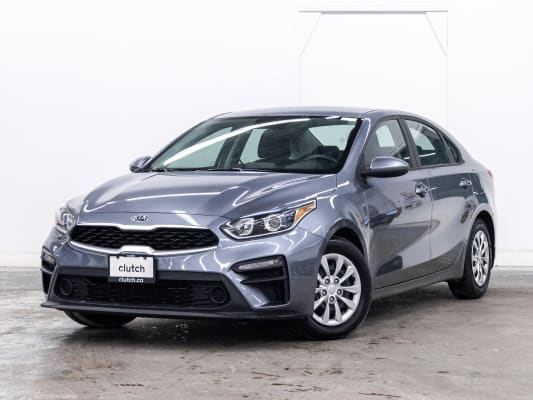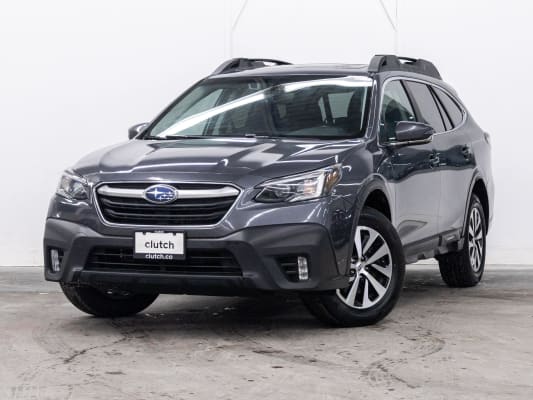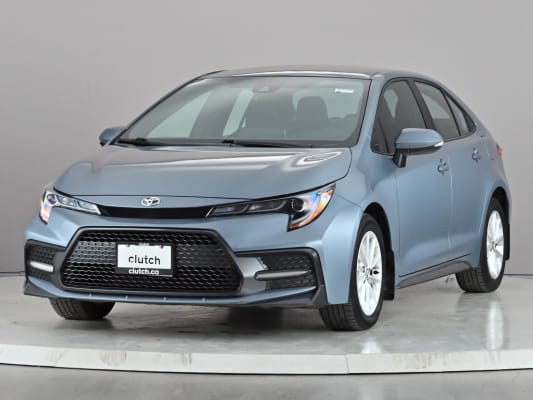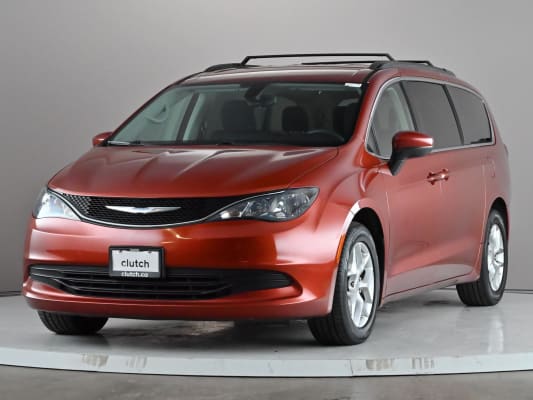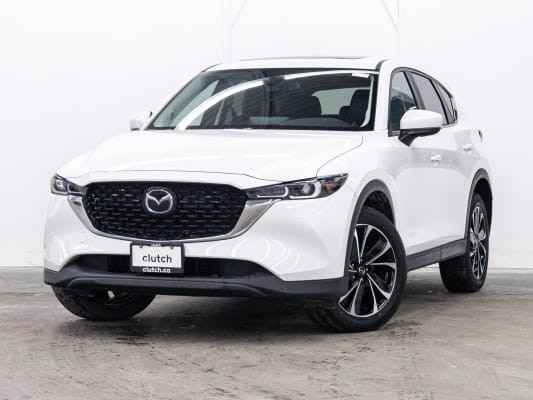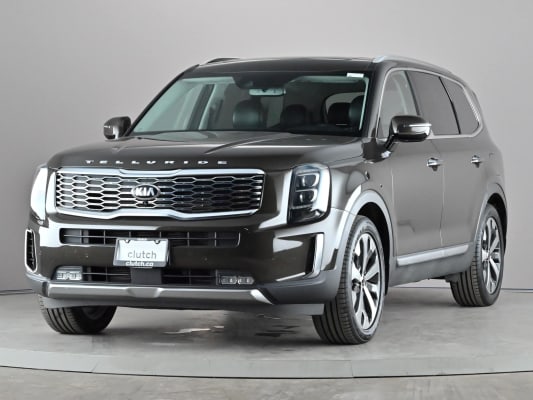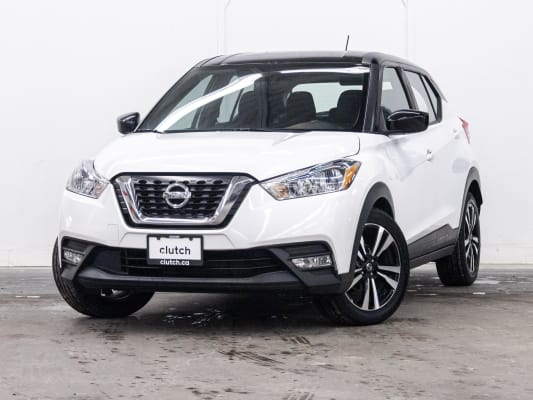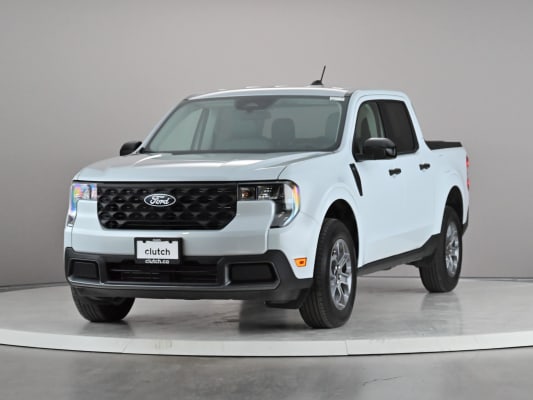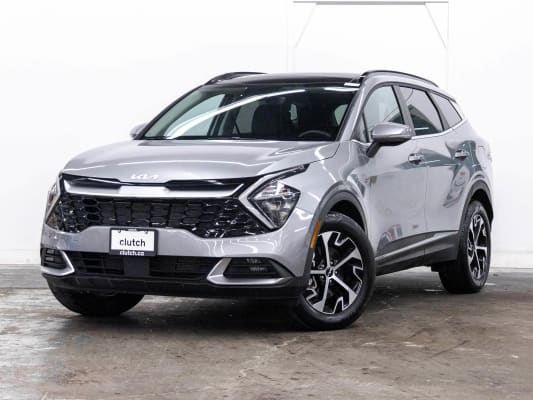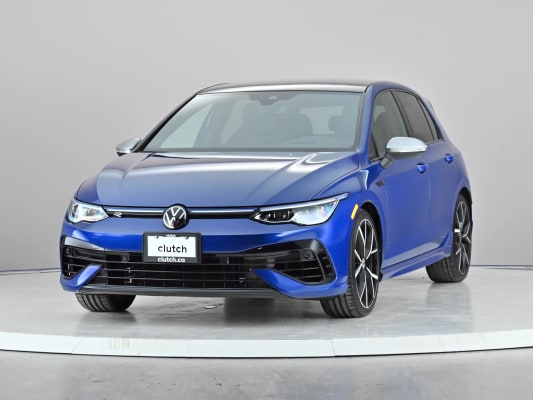The Honda Accord has long been one of the best midsize sedans on the road, and a top choice for Canadian drivers looking for a reliable, comfortable ride that can go the distance. With its solid reputation, strong resale value, and well-balanced performance, it’s no surprise that used Accord models are in high demand.
But even great vehicles have their weak spots.
While most Accord years are known for dependable performance, a few stand out for the wrong reasons. From transmission failures and excessive oil consumption to infotainment glitches and premature brake wear, some model years are more likely to leave you with costly repairs.
If you’re shopping for a used Accord in Canada, knowing which years to avoid can save you time, money, and stress. In this guide, we’ll walk through the most problematic Accord model years, explain what makes them risky, and point you toward safer, more reliable alternatives.
Honda Accord Years to Avoid
While most Honda Accord years offer strong reliability, a few stand out for common problems like transmission failures, oil burning, or rapid brake wear. If you're shopping used in Canada, it’s smart to be cautious with the following years:
2003–2004 Honda Accord: Transmission Trouble
The 7th-generation Accord introduced a more upscale design and better ride quality, but early V6 models—especially from 2003 and 2004—are widely known for automatic transmission failures. Many owners reported slipping gears, delayed engagement, and total transmission failure well before 160,000 km.
This issue was so widespread that Honda issued an extended warranty and a service bulletin for affected vehicles. Unfortunately, not all cars were repaired correctly, and many still develop issues years later.
Why these years are risky:
- Known weak spot in 5-speed automatic transmission (especially with the 3.0L V6)
- Repairs are expensive, and many used models no longer qualify for warranty support
- Higher chance of poor resale value and ongoing drivetrain problems
Better alternative:
Look for a 2006 or 2007 Accord. These models saw fewer transmission complaints and offer a better long-term ownership experience.
2008–2010 Honda Accord: Oil Consumption and Brake Wear
The 8th-generation Accord brought a larger, more spacious cabin and a more powerful engine lineup. But for 4-cylinder models built between 2008 and 2010, a major issue emerged—excessive oil consumption.
Many owners reported having to add oil between changes, sometimes every 1,500 to 2,000 kilometres. The cause was usually linked to piston ring wear or poor PCV valve function. While Honda issued a limited service campaign, not every car was covered, and the repairs were often expensive once out of warranty.
These same model years also experienced rapid brake wear, especially on the rear pads. Premature wear often occurred before 40,000 km, requiring more frequent replacements than expected.
Why these years are risky:
- Oil burning can lead to engine damage if not closely monitored
- Frequent brake service adds unexpected maintenance costs
- Many used models on the market today have high mileage and incomplete service history
Better alternative:
The 2011 and 2012 Accords received updates that helped address both the oil consumption and brake design issues, making them a much safer pick for used buyers.
2013 Honda Accord: Early CVT and Tech Bugs
The 2013 Accord marked the launch of the 9th generation and introduced a new continuously variable transmission (CVT) for 4-cylinder models, along with updated infotainment features. While the redesign was praised overall, early versions of both the CVT and the new tech package had growing pains.
Some owners reported delayed acceleration, shuddering under load, or inconsistent power delivery from the CVT. These issues were less mechanical failures and more drivability concerns—but they still led to frustration. Software updates improved the experience in later years.
Infotainment glitches were also common. The two-screen layout confused many users, and problems like freezing, Bluetooth dropouts, and laggy inputs were reported—especially in higher trims.
Why this year is risky:
- CVT tuning in 2013 lacked refinement compared to later models
- Infotainment system was still being improved and could be buggy
- While not dealbreakers, these issues affect daily usability and satisfaction
Better alternative:
By 2016, Honda refined both the CVT and infotainment software. Models from 2016–2017 are more polished and better suited for tech-savvy drivers.
2018 Honda Accord: Infotainment and First-Year Flaws
The 2018 Accord kicked off the 10th generation with a bold redesign, turbocharged engines, and a more premium interior. While the improvements were impressive, being the first model year of a new platform came with its fair share of bugs.
The most common complaint involved the new touchscreen infotainment system. Owners reported freezing, slow response times, or total system restarts—especially in colder weather. While some of these issues were addressed through software updates, others persisted depending on trim and production batch.
There were also isolated complaints about creaks and rattles in the cabin, as well as early wear on interior trim and steering components—none of which were widespread but still worth noting.
Why this year is risky:
- First-year glitches affected infotainment usability and screen reliability
- Some trim materials and fitment didn’t meet expectations
- Later years benefited from software updates and improved build consistency
Better alternative:
The 2019–2022 Accord builds on the 2018 redesign with fewer reported tech issues and stronger long-term owner satisfaction.
Common Honda Accord Problems to Watch For
Even though the Honda Accord is known for long-term reliability, a few recurring issues have appeared across certain model years. Here’s what to keep in mind when shopping used:
- Transmission failures (2003–2004 V6): Widespread issues with the 5-speed automatic, often resulting in full replacement before 160,000 km.
- Excessive oil consumption (2008–2010 4-cyl): Caused by piston ring wear, leading to low oil levels between changes. Often not covered under warranty.
- Premature brake wear (2008–2009): Rear brake pads wore out faster than expected, sometimes needing replacement every 30,000–40,000 km.
- Infotainment issues (2013, 2018): Freezing screens, lag, and Bluetooth problems in early tech rollouts. Most improved by later model years.
- Interior rattles and trim wear (older models): 2003–2007 Accords in particular may have cabin noise or plastic components that don’t age well.
Spotting these issues early with a test drive and pre-purchase inspection can help you avoid expensive surprises after buying.
What to Look for in a Used Accord
Even if you avoid problem years, it’s important to make sure the specific Accord you’re looking at is in good shape. Here’s what to inspect:
- Transmission performance: Test drive to check for smooth shifting, hesitation, or slipping—especially on 2003–2004 automatics and early CVTs.
- Oil levels and service history: For 2008–2010 models, ask how often the oil is topped up and look for proof of regular changes.
- Brake condition: Make sure the pads and rotors were recently replaced, especially if you’re looking at 2008–2009 models with known wear issues.
- Infotainment system: On 2013+ models, test the screen responsiveness, Bluetooth connection, and audio system.
- Rust inspection: Check for bubbling paint around wheel wells, doors, and the underside—particularly on older Accords in snowbelt regions.
- Honda Sensing function (2016+): Confirm that driver-assist features like lane keeping and adaptive cruise work properly, especially after windshield replacement or bodywork.
Getting a CARFAX report and a pre-purchase inspection from a trusted mechanic can go a long way in confirming the car’s condition.
{{inlinecta2}}
How to Shop Smarter for a Used Accord
The Honda Accord is one of the most reliable used cars you can buy in Canada—but knowing which model years to avoid can help you sidestep the few that didn’t live up to the name. Years like 2003–2004, 2008–2010, 2013, and 2018 come with known issues that could lead to costly repairs down the road.
That doesn’t mean you need to skip them entirely. Many Accords from these years are still on the road today, running well after proper repairs. But if you're considering one, be sure to do your homework: ask for full service records, check for warranty repairs, and get a professional inspection before buying.
Want to see which years stand out for all the right reasons? Check out our full guide to the Best Honda Accord Years to Buy Used in Canada for a breakdown of top picks by generation.
Ready to find an Accord that’s built to last?
Browse Clutch’s used Honda Accord listings today. Every vehicle is fully inspected, includes a free CARFAX report, and comes with a 10-day money-back guarantee—so you can shop with confidence.
{{widget-1}}
FAQs About Honda Accord Years to Avoid
What Honda Accord years have the most transmission problems?
The 2003 and 2004 Accord V6 models are known for major transmission failures. Many drivers reported slipping, delayed shifts, or full failure before 160,000 km.
What Honda Accord years have the most transmission problems?
The 2003 and 2004 Accord V6 models are known for major transmission failures. Many drivers reported slipping, delayed shifts, or full failure before 160,000 km.
What Honda Accord years have the most transmission problems?
The 2003 and 2004 Accord V6 models are known for major transmission failures. Many drivers reported slipping, delayed shifts, or full failure before 160,000 km.
What Honda Accord years have the most transmission problems?
The 2003 and 2004 Accord V6 models are known for major transmission failures. Many drivers reported slipping, delayed shifts, or full failure before 160,000 km.
Is the 2008 Honda Accord a reliable used car?
The 2008 Accord has known issues with excessive oil consumption and premature brake wear, especially in 4-cylinder models. Newer years like 2011–2012 are more reliable.
Is the 2008 Honda Accord a reliable used car?
The 2008 Accord has known issues with excessive oil consumption and premature brake wear, especially in 4-cylinder models. Newer years like 2011–2012 are more reliable.
Is the 2008 Honda Accord a reliable used car?
The 2008 Accord has known issues with excessive oil consumption and premature brake wear, especially in 4-cylinder models. Newer years like 2011–2012 are more reliable.
Is the 2008 Honda Accord a reliable used car?
The 2008 Accord has known issues with excessive oil consumption and premature brake wear, especially in 4-cylinder models. Newer years like 2011–2012 are more reliable.
What are the worst Honda Accord years to buy used in Canada?
Avoid the 2003–2004 V6, 2008–2010 4-cylinder, 2013, and 2018 Accord models due to problems like transmission failure, oil burning, CVT hesitation, and infotainment glitches.
What are the worst Honda Accord years to buy used in Canada?
Avoid the 2003–2004 V6, 2008–2010 4-cylinder, 2013, and 2018 Accord models due to problems like transmission failure, oil burning, CVT hesitation, and infotainment glitches.
What are the worst Honda Accord years to buy used in Canada?
Avoid the 2003–2004 V6, 2008–2010 4-cylinder, 2013, and 2018 Accord models due to problems like transmission failure, oil burning, CVT hesitation, and infotainment glitches.
What are the worst Honda Accord years to buy used in Canada?
Avoid the 2003–2004 V6, 2008–2010 4-cylinder, 2013, and 2018 Accord models due to problems like transmission failure, oil burning, CVT hesitation, and infotainment glitches.
What are the worst Honda Accord years to buy used in Canada?
Avoid the 2003–2004 V6, 2008–2010 4-cylinder, 2013, and 2018 Accord models due to problems like transmission failure, oil burning, CVT hesitation, and infotainment glitches.
What are the worst Honda Accord years to buy used in Canada?
Avoid the 2003–2004 V6, 2008–2010 4-cylinder, 2013, and 2018 Accord models due to problems like transmission failure, oil burning, CVT hesitation, and infotainment glitches.
Does the 2013 Accord have CVT problems?
Yes. The 2013 Accord introduced a new CVT that some drivers found unrefined. Common complaints included hesitation, shuddering, and inconsistent acceleration.
Does the 2013 Accord have CVT problems?
Yes. The 2013 Accord introduced a new CVT that some drivers found unrefined. Common complaints included hesitation, shuddering, and inconsistent acceleration.
Does the 2013 Accord have CVT problems?
Yes. The 2013 Accord introduced a new CVT that some drivers found unrefined. Common complaints included hesitation, shuddering, and inconsistent acceleration.
Does the 2013 Accord have CVT problems?
Yes. The 2013 Accord introduced a new CVT that some drivers found unrefined. Common complaints included hesitation, shuddering, and inconsistent acceleration.
Is the 2018 Honda Accord a good buy?
The 2018 Accord introduced a new design but had early issues with infotainment system freezing and interior rattles. Later models like 2019–2022 are more refined.
Is the 2018 Honda Accord a good buy?
The 2018 Accord introduced a new design but had early issues with infotainment system freezing and interior rattles. Later models like 2019–2022 are more refined.
Is the 2018 Honda Accord a good buy?
The 2018 Accord introduced a new design but had early issues with infotainment system freezing and interior rattles. Later models like 2019–2022 are more refined.

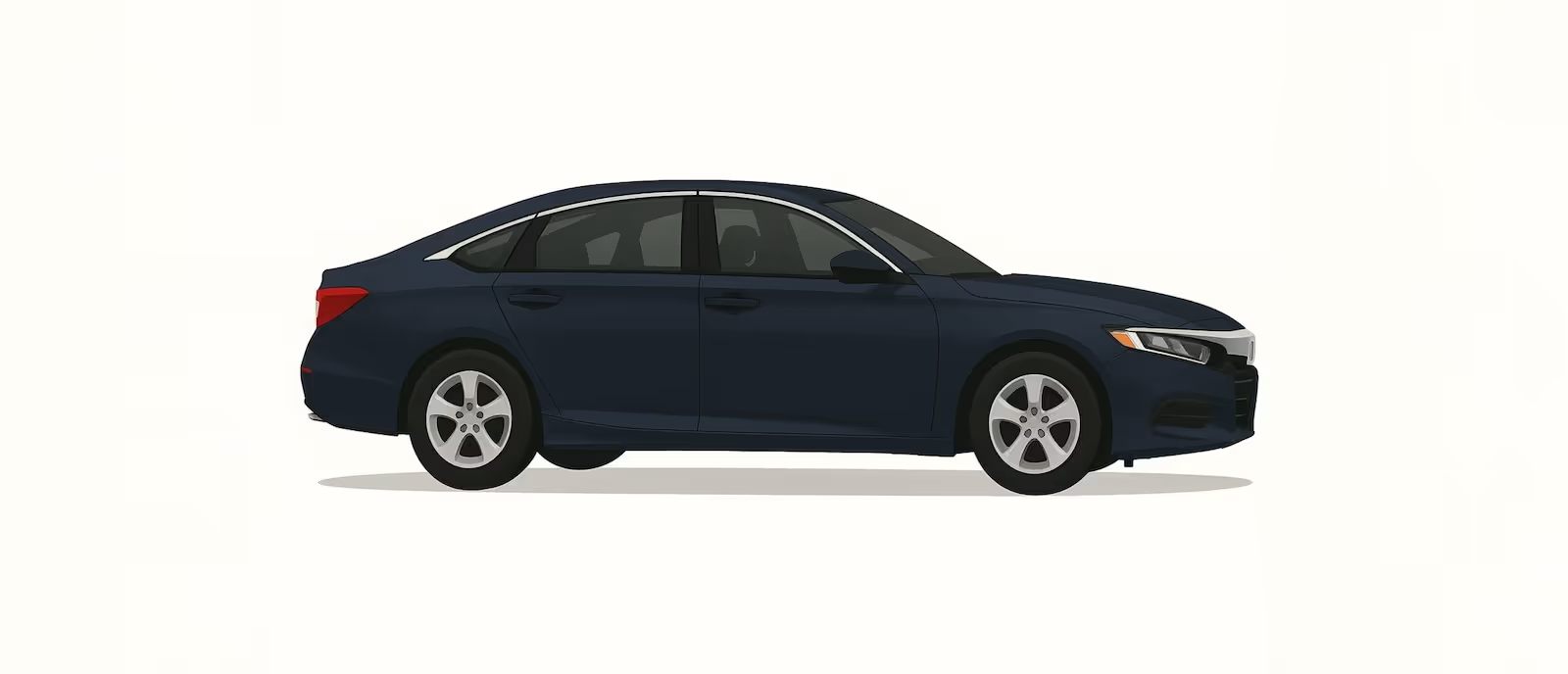






.avif)
